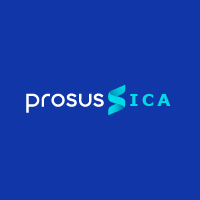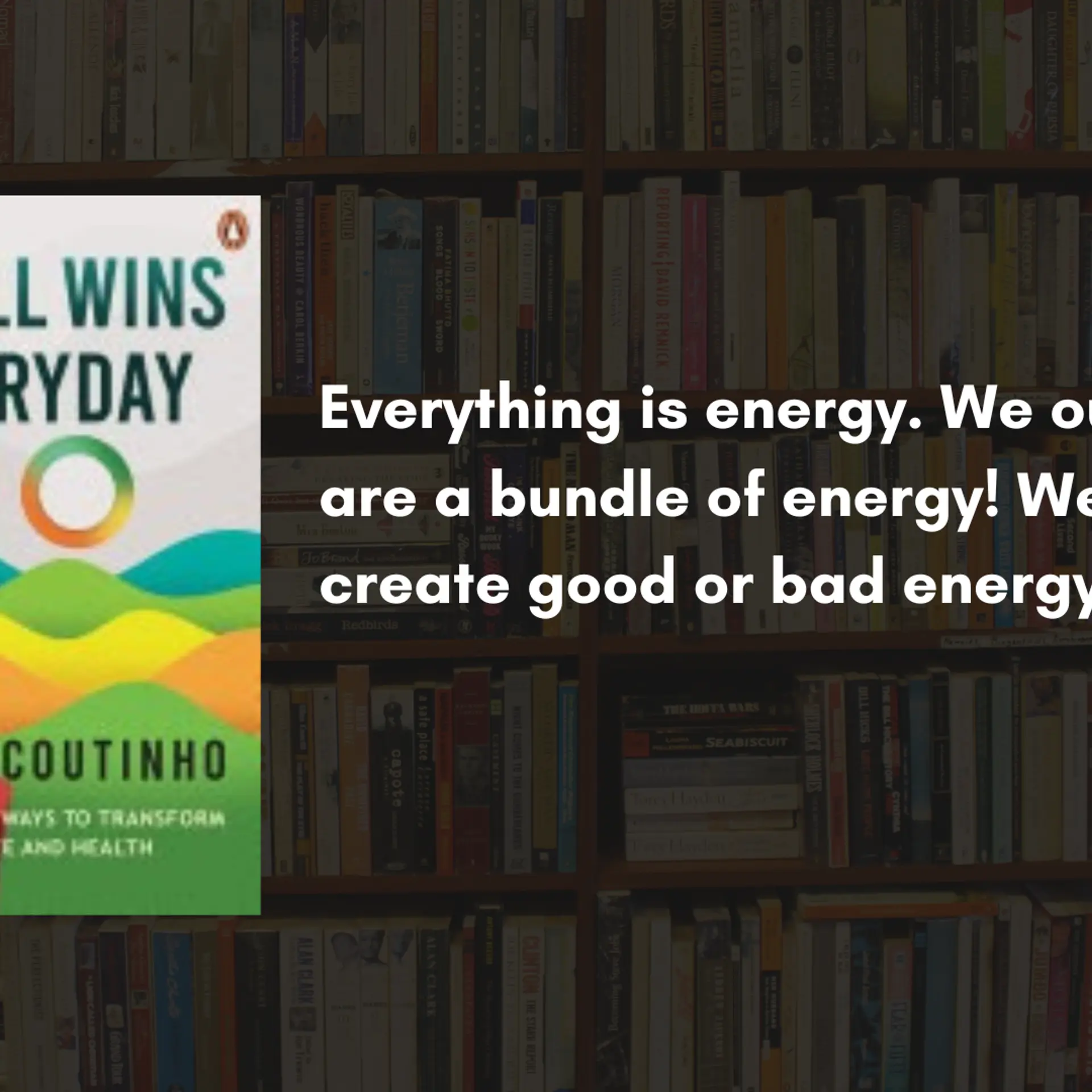
Prosus SICA
View Brand PublisherLearning with Annie: How Thinkerbell Labs is rethinking assistive technology for the visually impaired
Packed with gamified and interactive content, Thinkerbell Labs’ Annie is making Braille learning fun and engaging.
When we think about civil rights, equality, and nondiscrimination, we’re mostly thinking about race and gender. Does disability come to mind? Especially, when it comes to employment and poverty regarding people who are blind.
The World Health Organization (WHO) estimates that there are 45 million people who are blind or affected by visual impairments that cannot be corrected with lenses. Of the 45 million people, 90 percent of them live in developed countries. The issue is global and not restricted to impoverished areas.
Assistive technologies (AT) have presented significant equalising opportunities for many to meaningfully participate in society. Enhancing the impact of AT in enabling participation requires an individualised and holistic understanding.
Launched by Prosus in 2020 in partnership with Invest India, Social Alpha, and World Health Organization, Prosus SICA identifies and awards the most innovative Indian startups working on assistive technology solutions. The challenge has aided some amazing Assistive Tech solutions that have the potential to revolutionise the sector. And Thinkerbell Labs has emerged as one of them.
The genesis
In 2014, at a time when the interaction for visually impaired people was restricted to human computer interaction, three BITS Pilani college classmates Aman Srivastava, Sanskriti Dawle, and Dilip Ramesh came up with a prototype for the world’s first self-learning Braille device for the visually impaired.
Created with Raspberry Pi and coded in Python, Project Mudra was Annie's predecessor, a dicta-teacher designed to help teach the Braille alphabet. The team realised that the device had the potential to be much more. There existed a very real need to improve the modes of Braille teaching and learning.
Aman Srivastava, Co-founder, Thinkerbell Labs talks about how they couldn't really wrap their heads around why a student in class four or five was playing around with an alphabet teaching device. “And then we realised later the kinds of interaction we've taken for granted as individuals who were not visually impaired. So that is where we started getting the user insight. Along the way, we also discovered that this is something various stakeholders will be willing to pay for. The strong impact that comes with it was one of our key motivators. And that's how the business came to be,” he shares.
The device Annie, is named after Anne Sullivan, Helen Keller's teacher and the device works by talking to people. “In the visually impaired community, when you say Anne Sullivan, they immediately think of a teacher. And Shark Tank played a major role in letting people know about Annie and us,” he adds.
The team at Thinkerbell Labs is building assistive tech which is changing the way inclusive education is delivered. Annie allows any child in any context at home or at school, to learn fundamental literacy and numeracy on their own. Seeing great traction, especially after the pandemic during which the digital divide widened quite a bit, the founders are working towards including more children with special needs with their edtech technology.
With Annie, a visually impaired student can learn to read, write, and type, in Braille on their own, while having fun.
Using tech to improve how blind children engage
Braille literacy rates are at worrying lows all over the world. In the United Kingdom, the literacy rate for blind people is only 4 percent. The low number correlates with low employment rates for blind people. Existing methods of teaching are part of the reason the number is abysmally low. It takes one student one full year to learn the basics of Braille with constant teacher supervision. Combined with a shortage of teachers and outdated teaching methods, Braille literacy can seem out of reach for many people living in developing countries.
"I grew up with better educational games in the 90s than blind children have access to today. That had to change,” quips Sanskriti Dawle, Co-founder, Thinkerbell Labs.
The founders believe that the AT space or inclusion of those with special needs should not be looked at through the lens of philanthropy or charity. This is one of the main reasons why they didn’t start off as a non-profit organisation. “The huge challenge is in building profitable and sustainable businesses in this space. We'll get more players into it, which will only pave the way for further innovation that fosters and slingshots this industry to the levels of optimisation that some of the other mainstream industries are at currently today. That seemed like a very challenging journey for us,” adds Dilip Ramesh, Co-founder and CTO, Thinkerbell Labs.
Recommending the Prosus SICA challenge to other startups in the AT space, Aman shares his experience, saying, “Knowledge is something that most people can offer. But it falls short when it comes to delivery. When you're talking about how you can utilise that knowledge and apply it to your own application and needs, that's where the Prosus SICA program stands out for us. Knowledge is very accurate to begin with. And the delivery has been remarkable, because of which we've been able to make use of this knowledge and try and get something out of it.”
“I would like to say this to entrepreneurs who are young. The industry is also willing to start looking at sectors which are beyond mainstream segments, which is very encouraging. This broadens the scope of inclusive and sustainable organisations,” he adds.
Why Annie?

“Our team's advocacy for Braille literacy comes from personally witnessing the difficulties Braille educators faced in imparting quality education to their students and recognising that many more blind children could participate in self-learning, given the right resources,” shares Sanskriti.
Recounting her experiences with a blind entrepreneur friend from Austria who actively used Braille and assistive tech, she notes that for blind children, "Braille learning needs to become available by default, for people to make real choices not defined by external constraints."
“We based Annie's pedagogy of interactive learning on two interesting insights that we gleaned early on. Children like to play and learn from their surroundings. They like to compete with their peers, and they can get frustrated by mundane classrooms. Blind children's learning is not limited by their disabilities but by the conditions of their education and the often outdated forms of engagement with Braille. The kind of engagement that children with sight often enjoy as they learn to use print,” she says.
To many children, Annie is someone they can talk to and learn with. Dilip recollects an incident from Chantry Private Academy in Luton, England. A student grew emotional when Annie politely pointed out an error in his work. He was invested so quickly that the school wanted to have an Annie for him immediately. During an exhibition of assistive technologies, one of the visiting children from a school for the blind undertook Annie’s introductory lesson on Braille typing and breezed through. When Annie's voice congratulated her, she leaned in and whispered, "Thank you, Annie."
The fondness for Annie isn't limited to learning Braille. “We intend our work with Annie to demonstrate that the education, needs, and wants of blind children are just as important as those of anyone else. Braille learning can be state-of-the-art, it can be fun, and it should make a difference in many lives,” adds Sanskriti.
Annie has helped hundreds of blind children learn Braille reading, writing, and typing in schools across the world. It teaches through interactive lessons across contracted and uncontracted Braille. Students have enjoyed hours of multiplayer games as well. “We think this is just the beginning. We dream of taking Annie to more and more blind children everywhere,” shares Aman.







